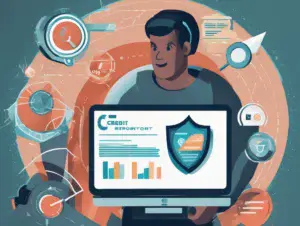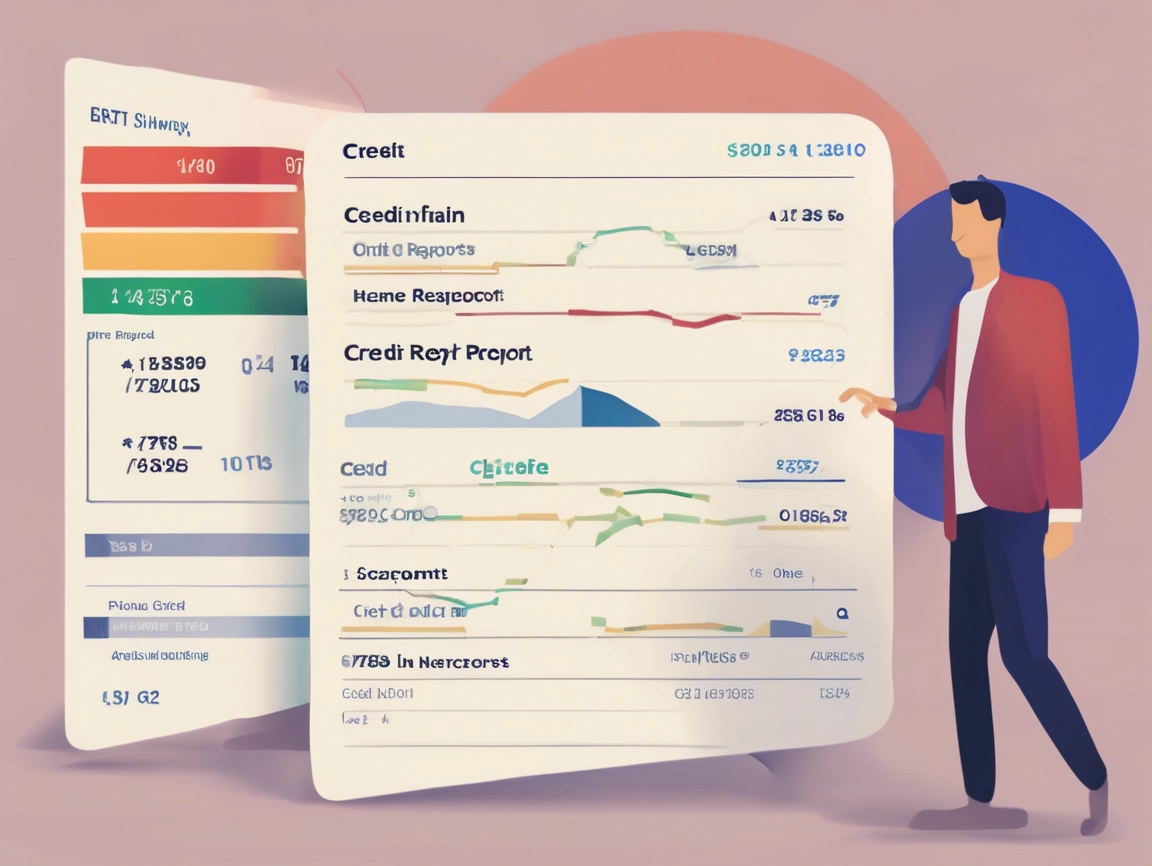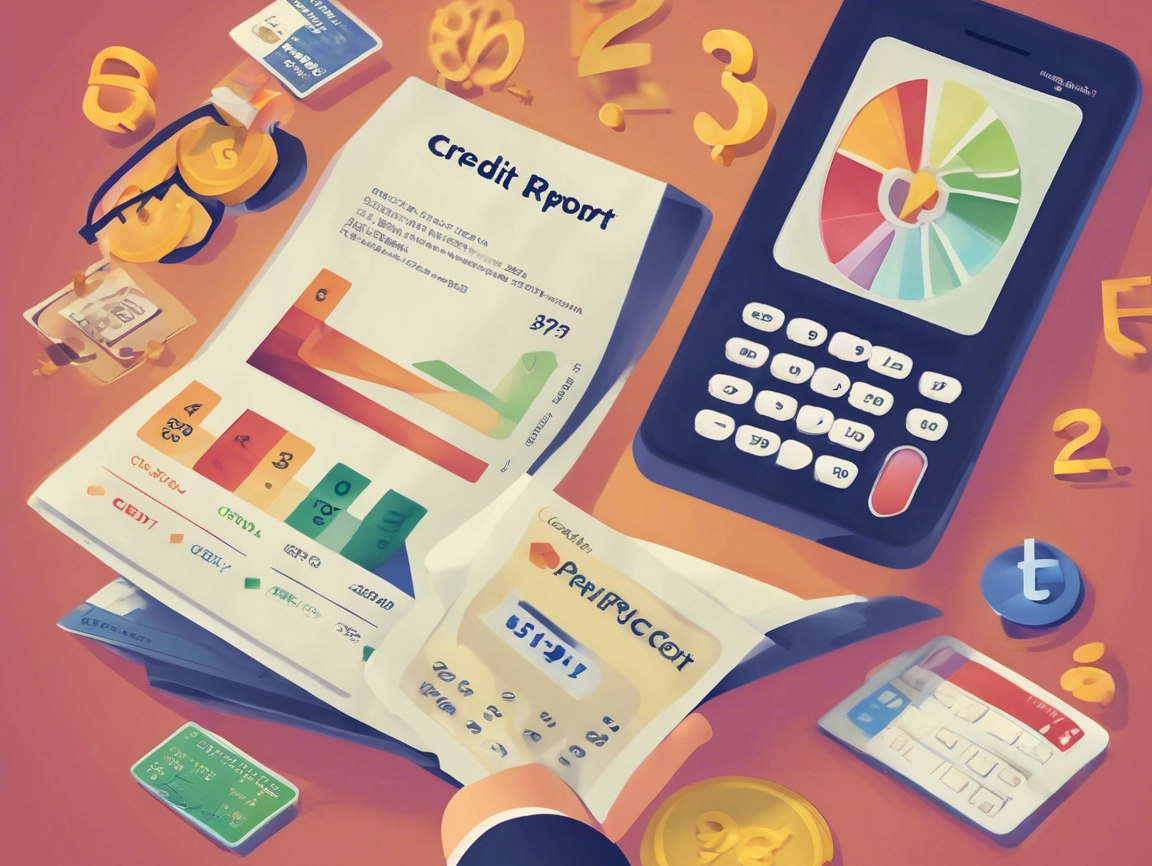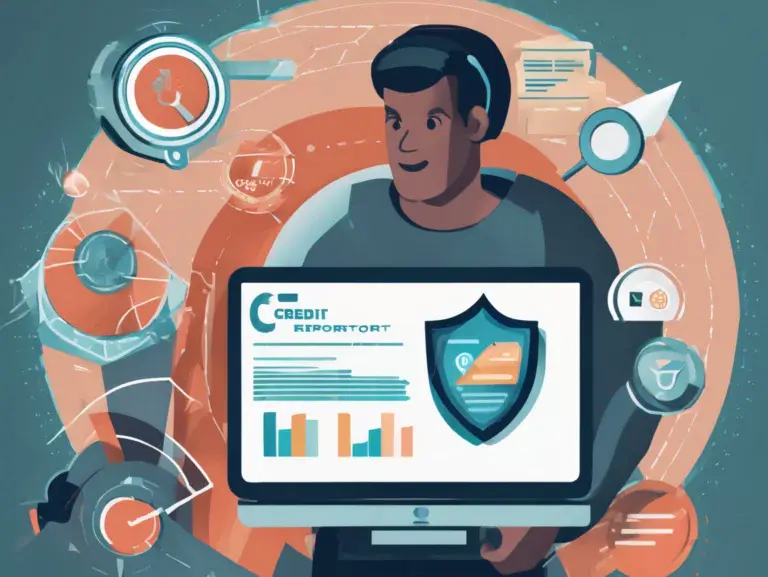Credit monitoring services are a useful tool if you want to keep an eye on your financial health. I spent a good amount of time researching different offerings and I’m excited to share my insights. The right features can alert you quickly to any suspicious activity and give you peace of mind. This article breaks down exactly what to look for in a credit monitoring service and offers practical tips for choosing one that fits your needs.

Key Features to Look For in a Credit Monitoring Service
A good credit monitoring service should track changes to your credit report, flag unusual activity, and offer tools to help improve your score. I have found that choosing a service with all-in-one features makes it easier to catch errors or fraud early. It is also useful when the service explains your credit report in a clear and straightforward manner.
There are several areas you should consider. Some services provide detailed alerts on data changes while others offer extra tips for building a healthier credit profile. The variety of features available defines how well a service meets your needs. Important functions include score updates, fraud alerts, and routine credit report checks to help you make an informed decision.
Getting Started with Credit Monitoring
If you are new to credit monitoring, it helps to start by learning about the standard features offered. A basic service may track only one credit bureau, while more advanced solutions pull data from multiple sources. Knowing your credit history and deciding what you need to monitor can really guide you in the right direction. Today, many services offer real-time notifications, ensuring that you are informed instantly if your report changes. Be sure to understand terms such as Fraud Alerts (notifications sent when something unusual appears on your report), Score Updates (regular updates of your credit score), and Credit Report Analysis (clear explanations for the factors affecting your score).
Steps to Kickstart Effective Credit Monitoring
Starting with a credit monitoring service does not have to be complicated. Below is a guide with practical steps that can help you get the most from your first experience:
- Determine Your Needs: Think about why you want to monitor your credit. You might be aiming to catch identity theft early, track your improvements, or just keep regular tabs on your financial status.
- Compare Your Options: There are both free and paid services available. Free services typically offer a basic level of monitoring, whereas paid versions often come with extra tools and added security features.
- Understand the Alert System: Know how the notifications are sent—whether by email, SMS, or app alerts. Getting fast notifications can make it easier for you to act quickly if something isn’t right.
- Review the Data Coverage: Check which credit bureaus the service monitors. Broader coverage means you’re more likely to spot all activities affecting your credit.
- Test the Interface: A user-friendly dashboard simplifies tracking your credit progress by giving you easy access to all the essential details.
By following these steps, you can establish a monitoring system that keeps you informed about your credit status and helps you avoid surprises when applying for loans or credit cards.
Potential Challenges and Considerations
Like any financial tool, credit monitoring comes with its own set of challenges. Being aware of these issues can help you choose a service that minimizes risks and works in your favor.
- Cost Versus Value: Some services charge a fee for extra features. It is very important to weigh the cost against the benefits you expect to receive.
- Alert Accuracy: Too many alerts might lead to confusion. Some systems may send notifications that are not truly significant, so it’s wise to look for services that filter out false alarms.
- Privacy and Security: Since your credit data is highly sensitive, the service’s security measures should be top-notch. Look for options that use strong encryption and other safety practices.
- Customer Support: There will be times when you need expert help understanding your report or resolving issues. Reliable customer support can be a big help in those moments.
- Data Sources: Consider how many credit bureaus are monitored. A service that only tracks one bureau might miss significant changes.
Cost Versus Value
Free services can be very tempting, especially if you are just getting started. However, they might not offer the in-depth monitoring that paid options provide. Paid services frequently include additional features, like identity theft insurance, which provides extra protection. Comparing the benefits you need with the cost is a smart move.
Alert Accuracy
Receiving an overload of notifications can sometimes be counterproductive, making it hard to know what really needs your attention. It is advisable to check reviews or terms of service to understand how precise the alerts are. A system that filters out less important notifications helps you focus on what truly matters.
Privacy and Security
Your financial information should always be guarded with strong security. Services that use advanced encryption and rigorous safety measures show their commitment to protecting your data. Take time to research the security practices of any service you consider.
Customer Support
There may be occasions when you need professional help in reading your credit report or fixing errors. Reliable support—whether via live chat, email, or phone—can make a significant difference when challenges arise.
Advanced Tips for Optimizing Your Credit Monitoring Experience
Once you are comfortable with the basics, these advanced tips can give your credit monitoring experience a boost. The following suggestions come from personal experience and observations gathered over time:
Customize Your Alerts: Many services let you tailor the types and frequency of notifications. This way, you only receive alerts about key changes. Customization can help reduce unnecessary stress by eliminating insignificant updates.
Use Credit Analysis Tools: Some platforms offer tools that break your credit report into clear, digestible parts. These tools help you understand your credit report better and can guide you in improving your habits over time.
Regularly Review Your Credit Reports: While automated alerts are useful, setting aside dedicated time to look over your full report is very important. Regular reviews complement the alerts by catching any subtle discrepancies that might otherwise be missed.
Combine with Financial Planning: Consider how your credit monitoring fits into your overall financial strategy. Pairing these services with budgeting apps or personal finance advice can provide a more complete view of your monetary situation. This approach not only protects you from fraud but also helps to manage your financial future more effectively.
The Basics: What Services Should Beginners Focus On?
For those who are just starting out, simplicity is very important. Focus on the core features that truly make a difference in staying on top of your credit. A straightforward service with clear reporting and an easy-to-use interface is the way to go.
Consider what you really need from your credit monitoring service. If your primary concern is identity theft, look for options that provide real-time alerts for unusual activity. On the other hand, if you aim to boost your credit score, a service that clearly explains credit score factors may be a better choice.
- All-in-one Monitoring: It is beneficial to have a service that covers multiple credit bureaus, ensuring you do not miss any changes.
- User-Friendly Dashboard: A clean design with clear metrics makes it easier to keep track of your credit without any hassle.
- Educational Resources: Services that offer guides and tips on improving your credit can be especially valuable for beginners.
For example, a service that explains why a certain entry is affecting your score can provide insights that help you take proactive measures to improve your overall profile. Understanding these basics helps build confidence as you integrate credit monitoring into your daily routine.
Frequently Asked Questions
Below are some common questions that often come up when discussing credit monitoring services. These may help you further in your decision-making:
Question: What makes a credit monitoring service different from a credit freeze?
Answer: A credit freeze prevents creditors from accessing your report without your permission. In contrast, a monitoring service alerts you to any changes, letting you know if everything is as it should be with your credit history.
Question: How often will I receive updates?
Answer: The frequency depends on the service. Some offer real-time alerts while others compile daily or weekly summaries. You can choose the option that best fits your lifestyle.
Question: Are there risks associated with credit monitoring services?
Answer: The risks are generally minimal if you choose a reputable service. It is important to ensure your selected service uses strong encryption and follows strict privacy protocols.
Question: Can a credit monitoring service improve my credit score?
Answer: While the service itself doesn’t directly change your score, it can help you spot errors or fraud that, once fixed, may lead to improvements in your rating.
Wrapping Up
Finding the right credit monitoring service ultimately comes down to understanding your unique needs and balancing cost with the features offered. If you value fast alerts, detailed analysis, and solid security, it pays to spend time comparing different providers.
When you have a good grasp of the basics along with a few advanced strategies, keeping your credit in check becomes an everyday part of managing your finances. The process of tracking your credit is not just about spotting fraud. It is an important part of maintaining a healthy financial profile.
Whether you are primarily concerned about identity theft or you want to better understand your credit, taking proactive steps in monitoring your credit is really important for your overall financial stability. Explore the options available and choose a service that feels right for you. Small steps in monitoring can lead to significant improvements down the road.













